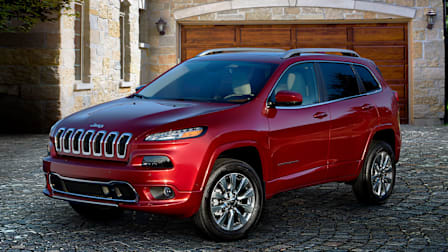AEB systems are designed to detect vehicles and other obstacles, and automatically slow a vehicle down to prevent or lessen the severity of a collision. AEB has been proven to reduce crashes and save lives, and most new cars have the technology.
However, the complaints NHTSA received about the Accord and CR-V say that these unexpected braking events occur “without warning and randomly,” and sometimes involve “large speed changes” even when nothing is blocking the road. When this happens, NHTSA says that drivers are at increased risk of being involved in a rear-end collision.
Honda spokesperson Chris Martin said in an email that the automaker "will cooperate with the NHTSA through the investigation process, and we will continue our own internal review of the available information."
Nissan is also under investigation for similar braking issues, and Mazda issued a recall for a similar problem in 2019. NHTSA is investigating Tesla for a phenomenon known as “phantom braking”—when the vehicle suddenly brakes while the Autopilot driver assistance system is active.
During a defect investigation, NHTSA obtains information from the automaker, which also can present its own arguments related to the potential defect. NHTSA says that most defect investigations are closed within 12 months, either because the manufacturer decides to conduct a recall or because NHTSA decides that there is no safety-related defect. Sometimes they take longer, including when the defect investigation requires further analysis. The investigation into unintended braking in Nissan vehicles, for example, has been open since 2019.
A recall happens when either an automaker or NHTSA discovers a safety defect that must be corrected or finds that a vehicle does not meet federal safety standards. These defects often come to light after consumer complaints. Learn how to report a safety complaint to NHTSA. According to NHTSA, most recalls are initiated by automakers without any involvement from the agency.






